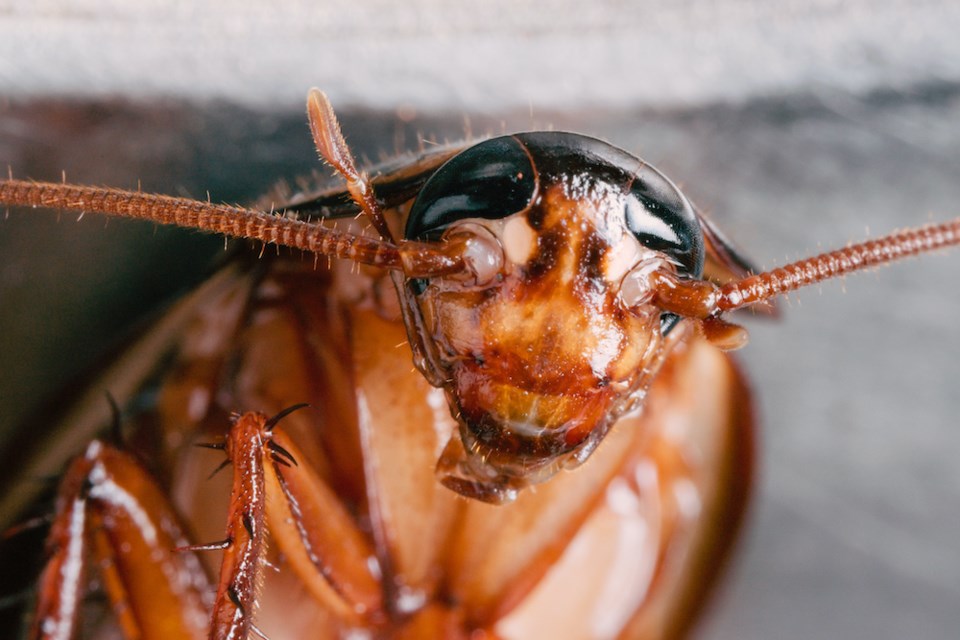They are one of the most difficult pests to kill and they may also be the grossest of the "creepy crawlies."
Cockroaches are notoriously hardy creatures, famously known for , and having inhabited the earth for a whopping four million years. They also contain harmful bacteria that can make people sick - yuck!
According to of the Residential Tenancy Act (RTA), landlords are responsible for providing and maintaining their residential properties in a state that complies with the health, safety, and housing standards required by law. In other words, they need to try to prevent infestations from happening and deal with them swiftly if they do.
But tenants aren't off the hook for keeping their pads pest-free.
Renters need to keep their homes neat and tidy to avoid attracting nuisance critters or spreading infestations to other units. In fact, the Residential Tenancy Branch (RTB) may side with landlords in disputes where they feel that the tenant didn't uphold their end of the contract.
In a , for example, the RTB sided with the landlord as it found that the renter's behaviour worsened the infestation and endangered the health and safety of the other tenants in the multi-unit building.
The landlord had served the tenant a notice to end the tenancy due to their lack of cooperation in dealing with a severe cockroach infestation. Upon inspection of the rental unit, the landlord's agent stated that they were "petrified of its condition," noting that there were cockroaches everywhere, dirty dishes with food in the sink and on the countertops, as well as open garbage.
The landlord's agent immediately hired a pest control company to eradicate the pests and gave the tenant instructions on how to prepare the rental unit for the treatment. However, they claimed the renter "failed in the preparation" on multiple occasions over a period of several months.
Â鶹´«Ã½Ó³»renter exacerbates infestation issue due to poor cleanliness
According to the landlord's agent, the infestation spread to six adjacent rental units in the building and caused one tenant to move out. They also cataloged several visits to the unit over multiple months, indicating the severity of the infestation and the amount of preparation the tenant had done before the pest control company visited. In one instance, the tenant reportedly vacuumed but failed to de-clutter the unit. On a Nov. 27 visit, a "high infestation was noted, with hundreds to thousands of cockroaches" in the rental unit while other units only had a few.
On Dec. 7, the pest control company noted that the unit was the primary source of the infestation that had spread to adjacent ones that "cockroaches were observed coming out of the rental unit from under the door and a large number was seen within the electrical panel box."
Several other tenants also complained about the renter in question.
In response, the tenant stated that there was poor communication from the landlord's agent who was "engaged in a course of 'revenge and hatred', claiming that [the tenant] is experiencing racial and religious discrimination."
The RTB said the landlord submitted adequate evidence to support that the tenant did not prepare their unit for cleaning, calling their evidence "consistent, credible, and supported by documentary evidence."
The board also stated that the tenant’s submissions were "inconsistent as he failed to provide any explanation as to why there were thousands of cockroaches in the rental unit" and they didn't deny "leaving the dirty dishes or open garbage in the rental unit."



